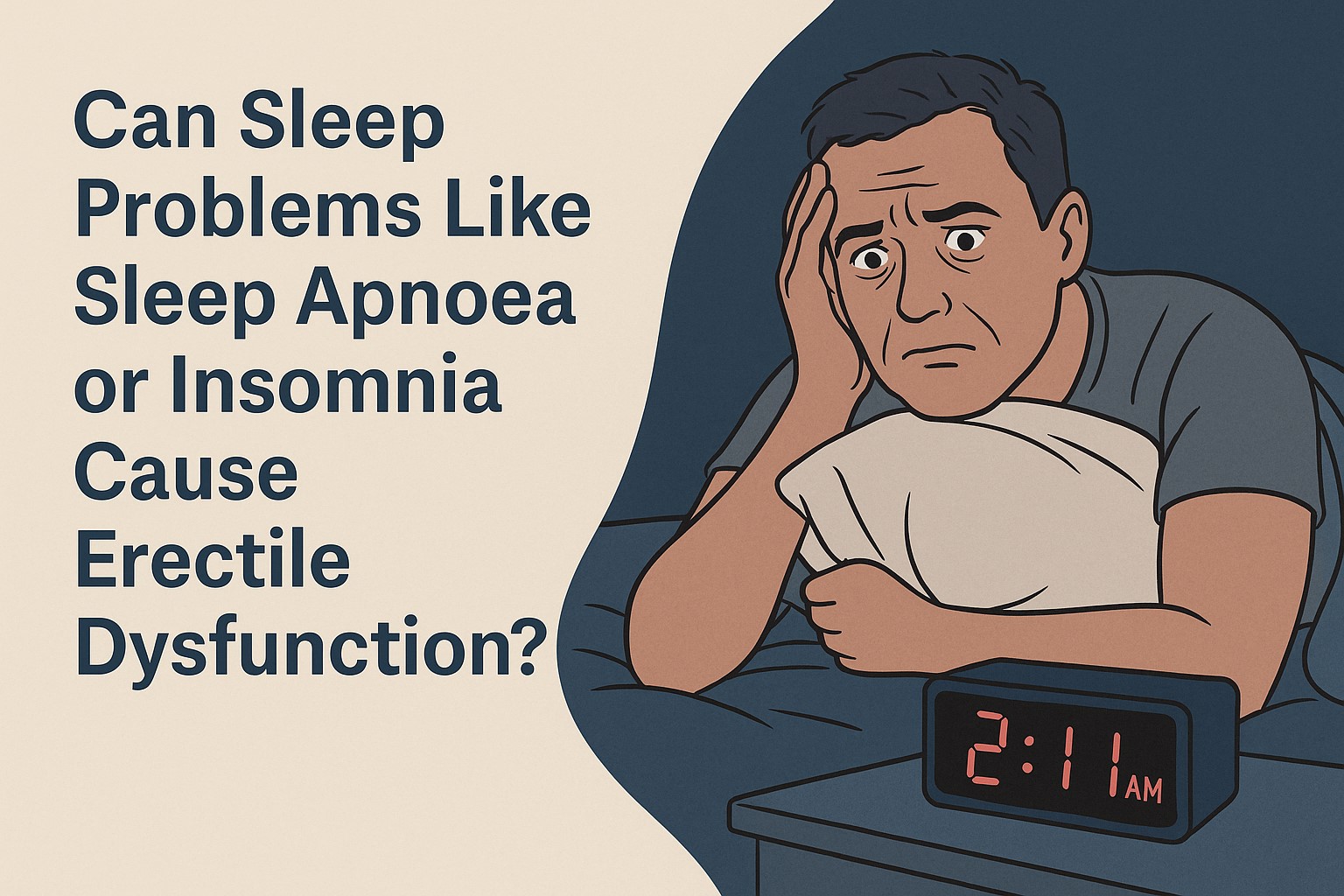How Does Obesity Impact Sexual Functioning in Men?
Obesity has a significant impact on sexual functioning in men, often leading to erectile dysfunction (ED) and reduced sexual desire. Studies have consistently shown that men with obesity are more likely to experience mild to moderate symptoms of erectile dysfunction. The International Index of Erectile Function (IIEF) has been used in several studies to assess this relationship, confirming that increased body mass index (BMI) correlates with higher instances of sexual dysfunction.
What Are the Physiological Mechanisms Linking Obesity and Sexual Health in Men?
Several physiological mechanisms link obesity to impaired sexual health in men:
- Hormonal Changes: Excess adipose (fat) tissue increases the conversion of androgens to estrogens, leading to androgen deficiency. This hormonal imbalance can contribute to erectile dysfunction.
- Oxidative Stress: Obesity raises levels of certain adipokines (e.g., interleukin-6, tumor necrosis factor alpha), which are linked to oxidative stress. This stress can negatively affect sperm function and overall fertility.
- Comorbid Conditions: Obesity often coexists with conditions such as hypertension, type 2 diabetes, and depression, all of which are associated with impaired sexual function. Hypertension, for instance, is strongly linked to erectile dysfunction due to its impact on blood flow and vascular health.
What Are the Psychological and Social Factors Affecting Sexual Health in Obese Men?
Apart from physiological factors, psychological and social elements play a crucial role:
- Body Image: Many men with obesity experience body image dissatisfaction, which can reduce sexual desire and lead to avoidance of sexual activity. The reluctance to be undressed in front of a partner due to poor body image is a significant psychological barrier to healthy sexual functioning.
- Depression and Anxiety: The prevalence of depression among individuals with extreme obesity is high. Depression can further exacerbate sexual dysfunction, creating a vicious cycle of poor mental health and impaired sexual health.
How Can Weight Loss Improve Sexual Health in Obese Men?
Encouragingly, weight loss has been shown to improve sexual health significantly. Various studies have documented that both surgical and non-surgical weight loss interventions lead to improvements in erectile function and overall sexual satisfaction:
- Lifestyle Modifications: Men who participated in lifestyle modification programs and lost approximately 5-10% of their body weight reported significant improvements in sexual function and hormone levels.
- Bariatric Surgery: Men who underwent bariatric surgery showed notable improvements in all domains of sexual functioning within the first few years post-surgery. These improvements were strongly correlated with the amount of weight lost.
What Other Health Issues Related to Obesity Affect Men's Sexual Health?
In addition to sexual dysfunction, obesity is linked to various health problems that can impact men's sexual health:
- Kidney Stones: Obese men are more prone to developing kidney stones, which are painful deposits of minerals like calcium, oxalate, or uric acid.
- Enlarged Prostate (Benign Prostatic Hyperplasia or BPH): Men with higher body weight often have larger prostate glands. Studies have shown a correlation between increased abdominal fat and an enlarged prostate.
- Lower PSA Levels: Obesity can lead to a larger prostate but also results in lower Prostate-Specific Antigen (PSA) levels in the blood. This occurs because the larger blood volume in obese men dilutes the PSA, not because the prostate is producing less.
- Prostate Cancer: Detecting prostate cancer can be more challenging in obese men due to the lower PSA levels. Moreover, obesity affects the biological behavior of prostate cancer, with research indicating that excess body fat heightens the risk of developing the disease by altering the metabolism of sex hormones, which can influence cancer growth.
Words of Wisdom from a Consultant Urologist
The interplay between obesity and sexual health is complex, involving a combination of physiological, psychological, and social factors. For men struggling with obesity, understanding these connections is vital. Interventions that address weight loss, such as lifestyle changes and bariatric surgery, can significantly improve both sexual health and overall quality of life. By fostering a healthy body image and managing comorbid conditions, men can break the cycle of obesity-related sexual dysfunction and lead a more fulfilling life.


